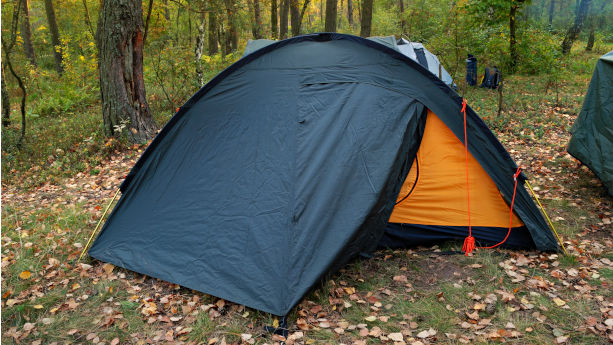
Camping tents imported and manufactured for the EU market must comply with various regulations and directives covering substance restrictions, labelling, documentation, and testing. There are also safety standards applicable to camping tents.
In this guide, we explain the relevance of regulations such as the General Product Safety Regulation, Biocidal Products Regulation, and REACH to camping tents sold in the European Union.
Content Overview

FREE CONSULTATION CALL (US, EU & UK)
- Request a free 30-minute call with Ivan Malloci to learn how we can help you with:
- Find product requirements
- Certification and labeling
- Lab testing
General Product Safety Regulation
The General Product Safety Regulation sets requirements for consumer products sold in the EU, which includes camping tents. It broadly mandates that you:
- Ensure compliance with relevant European standards
- Get your product tested
- Provide the necessary documentation, such as technical documentation
- Correctly label your product
EN ISO 5912 – Camping tents – Requirements and test methods
We could not find any harmonised standards for camping tents. When harmonised standards do not exist for your product, you can still use relevant non-harmonised standards to achieve product safety.
EN ISO 5912 was the only standard we could find that mentions camping tents. It sets performance, safety, and fitness-for-use requirements, as well as test methods, for these products.
Note, however, that other relevant standards may exist.
Documentation
Importers and manufacturers are required to provide technical documentation, instructions, and test reports.
| Title | Description |
| Technical documentation | Importers and manufacturers should provide technical documentation containing the items indicated in Article 9. |
| Instructions and safety information | The regulation requires you to provide clear instructions and safety information. This should include, for example, information for the assembly, use, and disposal of the product. |
| Test reports | A test report concerning relevant testing requirements (e.g. the ones set by EN ISO 5912) must be provided with the technical documentation. |
Labelling requirements
The regulation mandates importers and manufacturers to label their product, the packaging, or the accompanying document.
| Title | Description |
| Product traceability information | You need to provide traceability information such as product batch number, company name, and address. |
| Warnings | The regulation requires importers and manufacturers to provide warnings, including age-suitability warnings, when necessary. Notice that such warnings cannot serve as a substitute for ensuring that your product is safe – only as a complement. |
Textile Labelling and Fibre Composition Regulation
The Textile Labelling and Fibre Composition Regulation sets requirements for labelling textile products, which are defined as items made of textile fibres without regard to how those fibres are mixed. The scope of the regulation would include camping tents, as they are generally made of textiles.
Textile products should carry labels or markings that indicate the fibre composition of the product. Per Article 14, textile products should bear permanent, readable markings and securely attached labels.
If, for example, the tent fabric is made of polyester, then the label should read ‘100% polyester’.
Biocidal Products Regulation
The Biocidal Products Regulation sets requirements for biocidal products and treated articles. This would include, for example, camping tents that are treated with insect repellent.
In this guide, we cover requirements pertaining to treated articles. The regulation generally requires you to ensure that such articles contain approved active substances (e.g. those in Annex I) and bear labels with the information specified in Article 58.
Substance restrictions
You can only sell treated articles if all active substances in the biocidal product are listed in Annex I or the Union List. Here are some examples of substances that are approved for use in biocides with the aim of controlling insects:
- Epsilon-Momfluorothrin
- Diflubenzuron
- Silicium dioxide
Information on biocidal treatment
The regulation requires importers and manufacturers to respond within 45 days if consumers request information about how they treated the product with biocides.
Labelling requirements
Importers and manufacturers need to make sure their treated articles (e.g. camping tents treated with insect repellent) bear a label containing the items specified in Article 58.
REACH Regulation
The REACH Regulation sets restrictions on substances used in consumer products, such as camping tents. These products are made in materials such as polyester or polyurethane that in turn may contain restricted substances.
Restricted substances may endanger human health and the environment via exposure and leaching. Importers and manufacturers should thus get their tents tested to make sure that they do not contain restricted substances above permitted limits.
Restricted substances
Camping tents may contain restricted substances listed in Annex XVII, such as:
a. Azodyes – used to colour textiles, restricted to 0.003% by weight
b. DEHP, DBP, BBP, DIBP – found in polyurethane and other materials, mainly as plasticisers, restricted to 0.1% by weight
c. Diphenylether, octabromo derivative – used as a flame retardant in textiles, restricted to 0.1% by weight
SCIP notification
Importers and manufacturers should submit a SCIP notification to the ECHA if their products contain one or more substances listed on the SVHC Candidate List that exceed 0.1% by weight. Camping tents may contain SVHCs such as:
- Bumetrizole – used in treated textiles
- DecaBDE – used in fabrics, textiles
- Diphenyl(2,4,6-trimethylbenzoyl)phosphine oxide – used in fabrics
Persistent Organic Pollutants (POPs) Regulation
The Persistent Organic Pollutants (POPs) Regulation sets restrictions for persistent organic pollutants, including when these substances are used in consumer products. The ECHA defines “persistent organic pollutants” as organic substances that remain in the environment, and endanger the environment and human health.
Camping tents contain materials such as textiles, which in turn may contain persistent organic pollutants, such as:
a. DecaBDE – often used to improve fire retardant capabilities of textiles, restricted to 500 mg/kg
b. PFOS – often used in waterproof coatings, restricted to 50 mg/kg
Lab Testing
Some regulations mandate product testing and require a valid test report (e.g. attached to the technical documentation). While other regulations may not explicitly mention testing or reports, you should still have your product tested to ensure it complies with relevant requirements.
This would include, for example, testing against restricted substances. If your sleeping bags pass the relevant tests, you should receive a test report that proves product compliance.
| Regulation | Lab testing |
| General Product Safety Regulation | This regulation covers product safety and requires manufacturers to get their products tested.
For example, camping tents should undergo testing to EN ISO 5912 to ensure they are safe, perform as expected, and are fit for use. |
| Biocidal Products Regulation | This regulation applies to products treated with biocides and requires testing to ensure camping tents only contain approved active substances listed in Annex I (e.g. Diflubenzuron). |
| REACH Regulation | This regulation sets substance restrictions and requires product testing to ensure the product in question, such as camping tents, does not contain substances above the permitted limit (e.g. 0.1% by weight). |
| Persistent Organic Pollutants (POPs) Regulation | This regulation also restricts the use of certain substances and requires you to test your product to ensure it complies with substance restrictions. |
Camping tent testing companies
Here are some examples of companies that claim they can test camping tents:
- SGS
- Eurofins
- QIMA
- TÜV Rheinland
- Intertek


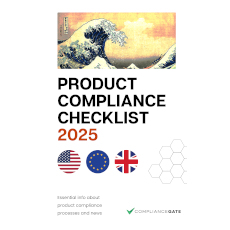



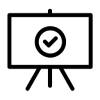




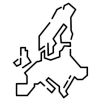

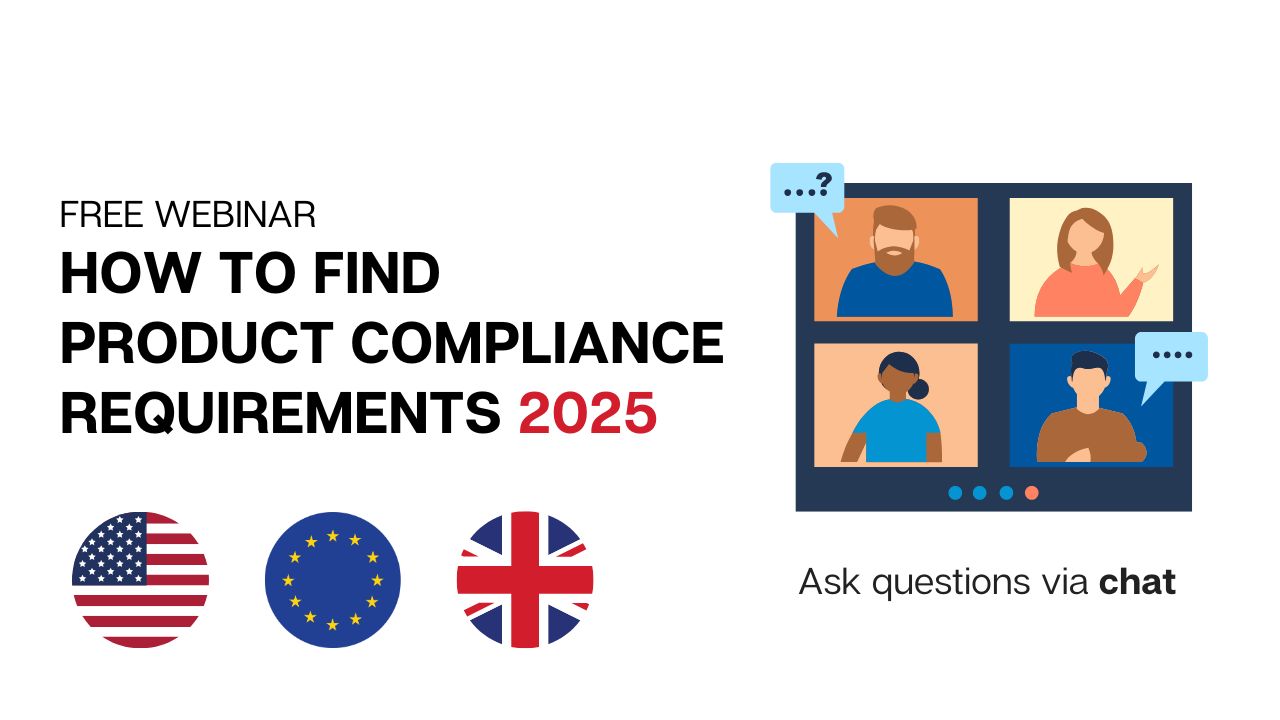

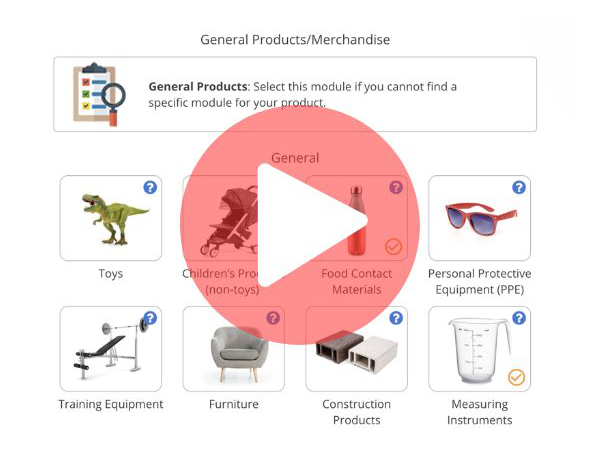
 Create compliance checklists for your product (US, EU & UK)
Create compliance checklists for your product (US, EU & UK)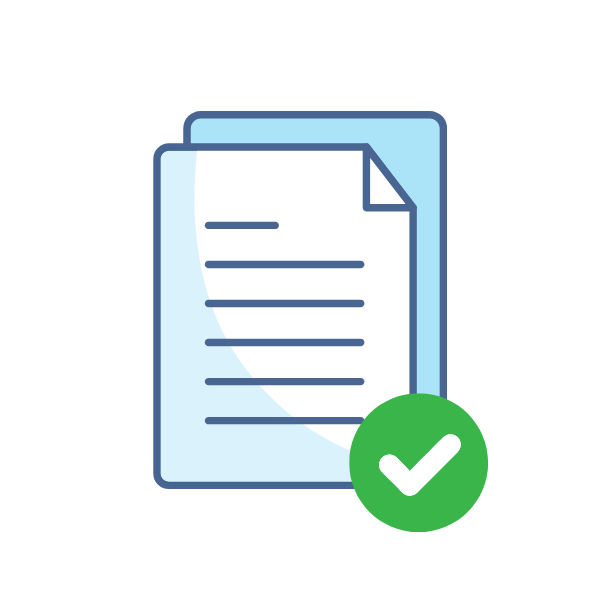 20+ product certificate templates
20+ product certificate templates Create label files
Create label files Book product testing
Book product testing